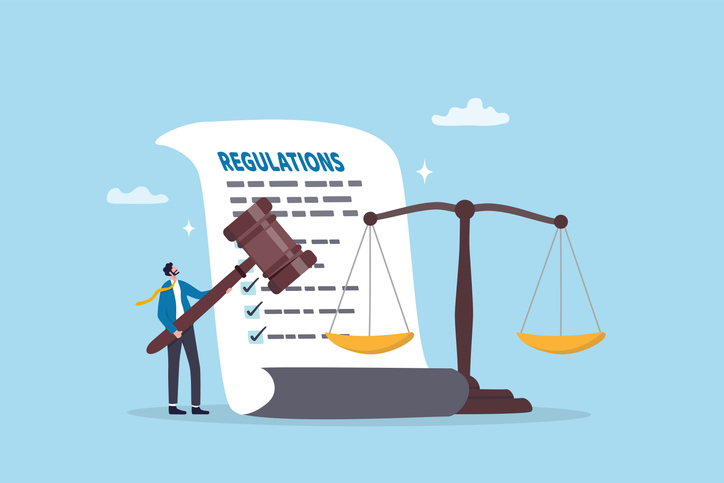We all know that we live in an ageing population, but just last week it was once again confirmed just what an impact this will have on all of us – particularly those just starting out their career.
The Cridland Review – which looked at the options for state pension age rises after 2028 – concluded that Millennials should face waiting until 70 to receive a state pension, and that the state pension age should rise from 67 to 68 by 2039, seven years earlier than currently planned.
If Cridland’s timetable is adopted by the government, it will affect some 5.4 million people aged under 45 – many of whom run small businesses, and as we have found, are already struggling with making financial provision for their retirement.
Today, Clifton Asset Management and the Forum for Private Business (The Forum) are launching a new report, Pensions and Small Business, Ticking Time Bomb or Hidden Treasure? The report takes an in depth look at SME owners’ attitudes to, and preparedness for, later life, succession, retirement, and all that. We surveyed over 1,000 SME decision makers with YouGov, and undertook a more detailed survey with around 200 business owners that are members of The Forum.
Attitudes to pension planning, business sale or working ‘until I drop’ were all examined and, overall, the picture that emerged was one of hope trumping reality, and a lack of engagement with their own pension savings, business readiness for an exit, and some unrealistic assumptions about how long one might be able to continue to work effectively.
Preparing for a longer career
For instance, the Forum research found that around a third (35 per cent) of business owners expect they will be working beyond 70 years old or have no intention of retiring at all. In our supporting, broader YouGov survey, this number increased to 42 per cent. The research also found many small business owners (57 per cent) anticipating that a pension pot below £500,000 would fund their retirement – even if this would only pay out £25,000 a year from retirement age. Significantly less than these business owners would be used to paying themselves.
These relatively modest numbers illustrate that those expecting to live the same lifestyle on a combination of pensions annuity and state pension may be misguided.
The blame for this patchy landscape does not sit exclusively with the SME owners, however. The vast majority, for instance, had some sort of pension savings, but were unaware that these could be used as a source of funding for their business (Pension-led funding), thus increasing its ultimate sale value. That is clearly an advisory problem which needs addressing by those groups that provide this kind of support to SMEs, such as accountants and financial advisers.
Devising a coherent retirement strategy
A reliance on the disposal of a domestic residence as a retirement strategy was also starkly exposed. A one asset class high risk strategy that allows no planning, relying instead on the roulette wheel of house prices, and has no real science in terms of real income generation capability.
What was clear was that SME owners are tending to mentally ‘silo’ assets, instead of taking a holistic approach in order to maximise growth and wealth. House, business, pension, ISAs and other savings. All of these can be leveraged to stimulate growth and value in one another, if you know how, but they only tend to get looked at, or called on, when specifically required (such as using your domestic residence to secure a business overdraft facility).
With this in mind The Forum and Clifton have put together the following recommendations for small business owners which may help them devise a more coherent strategy.
- Lifestyle: How do you want to live your life? Considerations about health, family and friends, location, hobbies, and leisure are a good starting point when weighing up whether you can afford to follow your desired path.
- Take stock: Do you understand the current value of your assets, be they your business, property (residential and commercial), pensions, or investment financial products? Ascertaining the current value of your assets is the next step towards achieving your life goals.
- Entrance and Exit point:
– Entrance: It’s never too late to become an entrepreneur or keep growing an established business, but match this desire with what sort of lifestyle you want to achieve. Running a business can provide flexibility, but making it a success can lead to long hours.
– Exit: When will you want to exit the business? Almost two thirds of business owners in The Forum survey want to sell their business, and a third want to pass it on to family member. Be clear about your path and succession plan from the outset. - Take a holistic approach to your assets: Can some of them be leveraged to make others work harder?
- Reconnect with your pension pot: It’s not dead money, and could be the difference between a funded and successful business, and a struggling one. Ask yourself if your pension pot is too little to fund you in retirement – are you willing to leverage that pot, or other assets at your disposal?
- Seek advice: Work with a trusted adviser and consider accessing dedicated small business support from business groups and professional bodies.
A successful exit, or later life working pattern can, of course, never be guaranteed, however SME owners who follow the suggestions above will be, without doubt, maximising their chances of achieving their work-related goals, be they financial or lifestyle related. And that, after all, is what it’s all about.
This article was written by Adam Tavener, chairman of Clifton Asset Management, and Ian Cass, managing director of the Forum of Private Business.





